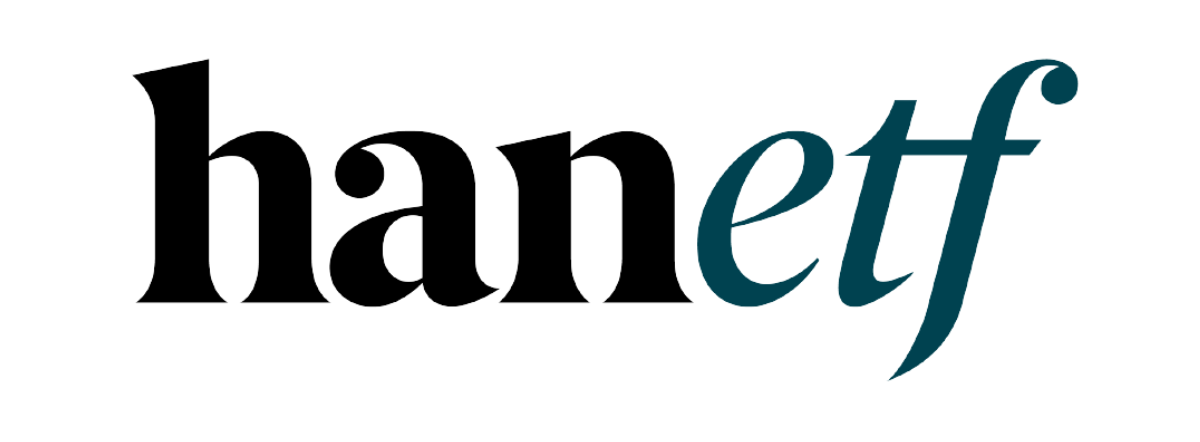EMQQ, one of the best performing ETFs last year, has added Chinese fintech and ecommerce equities to its strategy in its semi-annual rebalance earlier this month.
The Emerging Market Internet & Ecommerce UCITS ETF (EMQQ) has seen the number of companies in its underlying index, the Emerging Markets Internet & Ecommerce index, rise from 83 to 96.
During the rebalancing, seven companies were removed based on the index’s rules on market cap, liquidity, and trading volume while 20 companies were added to the index with two of the new picks included in EMQQ’s top ten holdings.
To be included on the index, more than half of a company’s profits must come from ecommerce or internet activities but it is not necessary for them to be locally listed.
The top three companies added during the rebalancing were KE Holdings Inc, LuFax Holding, and Dada Nexus.
KE Holdings is the largest new addition and EMQQ’s eighth-largest holding. Its Lianjia brand is a Chinese real estate brokerage firm while its Beike brand facilitates real estate transactions and services. According to KE Holdings, Beike is the second-largest ecommerce platform in China, behind only Alibaba.
The second top-ten addition, LuFax, is now EMQQ’s tenth-largest holding. Self-declared competitor to Alibaba’s ANT Group, Lufax is a personal financial services platform operating in China, and enjoys the backing of Ping An Insurance Group.
The third-largest addition during the rebalancing, Dada Nexus, is EMQQ’s twenty-first-largest holding. The company operates JD-Daojia, a local on-demand retail platform, and Dada Now, a local on-demand delivery platform in China.
Speaking on the index reshuffle, Kevin Carter, CEO of EMQQ, commented: “This was a historic rebalance by many measures, it is the first one in years that added new top ten holdings, in this case, two of them.”
“When EMQQ launched, it had 43 companies in the Index, and it now has 96 just six years later. This more than doubling of the Index constituents is due to the growth of the Internet and ecommerce industry in Emerging Markets like China, South Korea, Argentina, Brazil, and South Africa.”
EMQQ passes $100m mark following significant outperformance
The recent rebalancing followed a year of bumper performance in 2020. During the calendar year, EMQQ boasted returns of 81.1%, and has delivered a return of 105.1% since its inception in November 2014.
Amid the strong performance, EMQQ has seen $173m inflows over the past 12 months, as at 15 January.
Carter continued: “Last year saw strong performance, briefly interrupted by the COVID-19, but it was then propelled by the pandemic restrictions that have been put in place.
“We believe the meaningful changes in consumer behaviour during the crisis will fuel growth in online shopping in emerging markets, so we continue to see unprecedented growth in this sector.”
EMQQ was launched this side of the pond in 2018, the first ETF to be brought to market through white-label platform HANetf.



